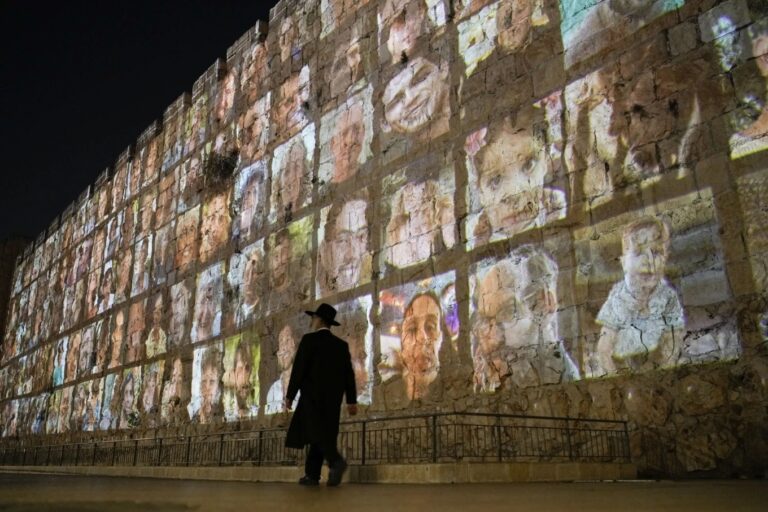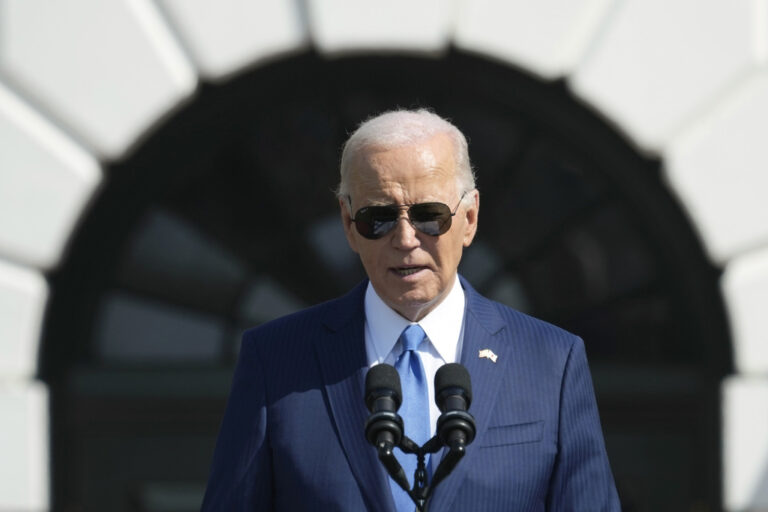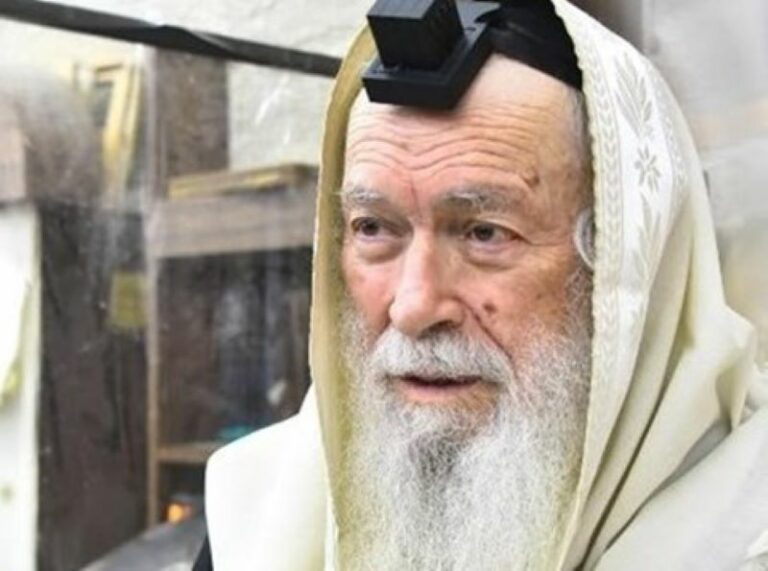 By Rabbi Yair Hoffman for the Five Towns Jewish Times
By Rabbi Yair Hoffman for the Five Towns Jewish Times
The Mazda MX-5 Miata is perhaps one of this year’s most popular sports cars. It is often purchased by balding men in their fifties who are entering their mid-life crises. The most popular minivans in the United States are the Honda Odyssey, the Kia Sedona and the Toyota Sienna. They are generally purchased by people with larger families.
DIFFERENT STATUS IN HALACHA
The different profiles of each one of the purchasers of these vehicles is significant. Why? Because it seems that each of these automobiles may have a different status in Halacha.
First, an introduction.
THE DIFFERENT BLESSINGS
Whenever we make a new and exciting purchase there are two possible brachos that may be recited. At times we recite a “Shehecheyanu” and at times we recite a “Baruch HaTov veHaMaitiv.” The Shulchan Aruch (OC 222:1; 175:4 and elsewhere) tells us that “Baruch HaTov VeHaMaitiv” is recited when someone else also benefits from the item. A “Shehecheyanu” is recited when only one person benefits from the item.
In our case of a Honda Odyssey, Kia Sedona, and Toyota Sienna, since the entire family benefits from the vehicle, a HaTov VeHaMaitiv” would be recited. With the mX-5 Miata, the profile of the buyer is different. It would indicate that a “Shehecheyanu” would be recited.
Now what would be the Halacha of such purchases during the Three Weeks?
May either one of these cars be purchased then? As we know, during the Three Weeks we try to avoid reciting a Shehecheyanu (See SA OC 551:17). The reason is that the words of the bracha indicate an expression of thanks for having allowed us to reach this “special” time.
The problem is that the tragic loss of the Bais HaMikdash makes this time period anything but “special.” The Mogain Avrohom (551:42) explains that the idea of not reciting a shehecheyanu is because of the wording, and not because of the idea of mourning. He writes, “However, the reason is not on account of mourning, for we do not find that a mourner is forbidden in reciting a shehecheyanu.”
According to the Mogain Avrohom then, a Camaro LT2 Coupe may not be purchased after the 17th of Tammuz. An Odyssey and Sienna, however, may be purchased. This is so because the bracha on these cars is not a “shehecheyanu.”
Not everyone agrees with this Mogain Avrohom, however. The Maamar Mordechai (551:12) rules that the reason the blessing is not recited is, in fact, on account of our mourning and pain. According to this view, the Sienna, the Sedona, and Odyssey cannot be purchased either. Rav Moshe Feinstein Zatzal discusses the purchase of cars during the Three Weeks in his Igros Moshe (OC III #80) and rules in accordance with the aforementioned Mogain Avrohom.
BLESSING VERSUS THE EMOTION
What is interesting to note here is that the issue that all the Poskim seem to focus upon is not the emotion that is felt in the purchase. Rather, their focus is upon the blessing itself. Indeed, Rav Shlomo Zalman Auerbach (Halichos Shlomo 14:1) zatzal writes that the purchase in and of itself is not forbidden – it is the associated blessing.
This thought should give us all some pause.
Often we may seem to ramble through our brachos when we recite them. The fact that Rav Moshe zatzal and the Mogain Avrohom forbid the “Shehecheyanu” but permit the “HaTov VeHaMaitiv” speaks volumes about the kavana – the intent that we must have in every word of the brachos that we recite.
This then might be a lesson we can all take to heart during this period.
Words and Brachos do matter.
We should focus and concentrate on the real center of it all – Hashem and the bracha in which we express our appreciation to Him. Everything comes from Him.
Most Meforshim explain that this is the real meaning of the words “Boruch attah Hashem.” It does not mean that we, mere mortals, are blessing Hashem. Rather, it means that we acknowledge that Hashem is the source of all blessing.
The author may be reached at [email protected] and encourages comments.
The author is proud to announce the publication of the seventh volume in the “Not Your Usual Halacha” series.
 This volume has been dedicated in loving memory of Rabbi Asher H. Abittan zt”l, whose life and ideals embody the תכלית of this sefer, the practical application of our Torah.
This volume has been dedicated in loving memory of Rabbi Asher H. Abittan zt”l, whose life and ideals embody the תכלית of this sefer, the practical application of our Torah.
His profundity of knowledge, yet simple and ישר applications of the סוגיות to contemporary situations, technologies, and medical breakthroughs, made him a Dayan par excellence. He was a Rabbi who had mastered the complete texts of Tanach, the Rambam’s Mishneh Torah, and Shulchan Aruch, by heart, he studied in the famed yeshivot of Mirrer, Ponovitch, and Yeshiva University. His erudtion and brilliance were perfectly complemented by his humility and selflessness. He took a position as a pulpit Rabbi in Long Beach, NY, where he devoted himself to his congregation and to the greater כלל ישראל.
The author’s books can be purchased at amazon.com






3 Responses
Many people who are buying a car at a particular time are buying it out of need, rather than as a celebration
People need to car to get to work, get the kids wherever, Food shopping etc.
If you car breaks down on the 18th of Tammuz and it cant be fixed, many people cannot wait until the 10th of Av to get another car, then need it ASAP for their personal needs like getting to work
Did the good rabbi really write “balding men in their fifties?” What about cars bought by 30 year old showoffs in their 30s not in crisis?
Where do those of us with hair but a little grey fit in?
True story: This secular Jew who rose from poverty to become very wealthy celebrates by buying a Jaguar, and he goes to a Conservative rabbi and asks for a Brocha, and the conservative rabbi says “I don’t know a brocha for a Jaguar, ask and Orthodox rabbi.” So the guy goes to an Orthodox rabbi and asks for a brocha on his new Jaguar, and the rabbi says, “What’s a Jaguar.” So the guy goes to a Reform rabbi, asks for a brocha on his new JaGuar, and the Reform rabbi asks, “What’s a brocha.”